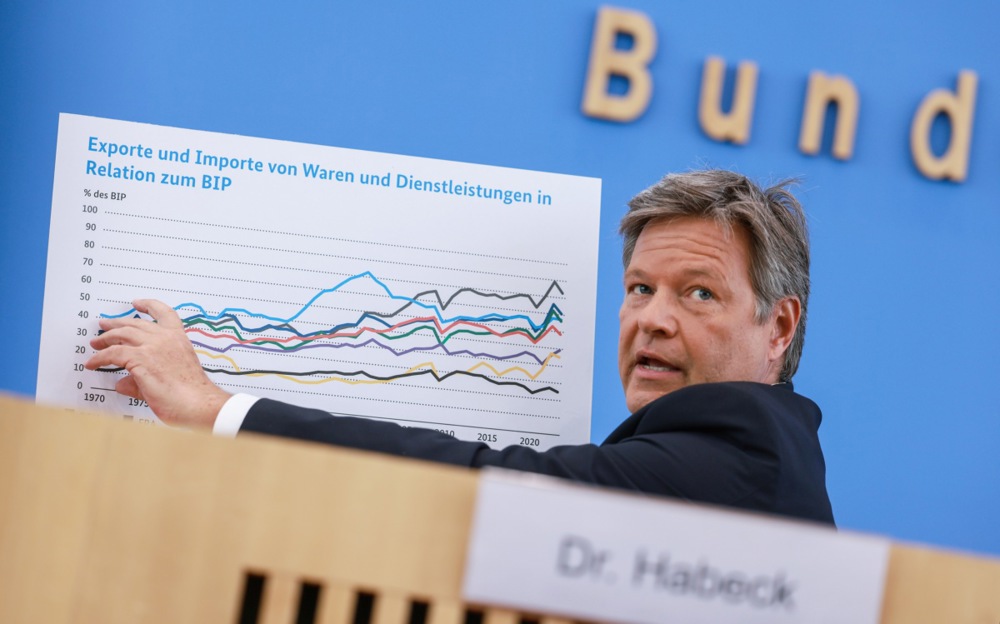As Germany’s economic malaise persists, the number of unemployed people has climbed by 7 per cent in June compared to a year before.
Currently, 2,914 million people in Germany are unemployed — corresponding to an unemployment rate of 6.2 per cent.
Germany’s number of unemployed is 188,000 higher than a year before, in data Germany’s Federal Employment Agency (or Bundesagentur für Arbeit) announced July 1.
Another 600,000 people are “underemployed”, and typically in classes organised by the employment agency to make them more employable.
“The labour market continues to show signs of economic weakness. Unemployment continues to develop unfavourably. And companies’ willingness to hire remains low”, said Andrea Nahles, the BA’s director.
Germany has been in a deep economic crisis for three years, although some economists see signs the malaise may finally be ending.
The German unemployment rate has steadily risen since early 2022, from 5.0 per cent to 6.2 per cent now.
The areas worst affected by unemployment include the former Eastern Germany and capital Berlin, as well as the Rhine-Ruhr area. Bavaria is leading the country’s fifteen federal states in employment.
The number of open positions reported to the employment agency has also decreased.
In June 2025, there were 632,000 openings to be filled–a decline of 69,000, or over 10 per cent compared to 2024.
However, German companies still report difficulties finding qualified personnel.
In 2024, it took a company on average 155 days to fill a position, while in 2021 it only took 118 days.
The main reason for this is a mismatch between people’s qualifications and the demands of the labour market, according to the economic think-tank Institut der deutschen Wirtschaft (IW).
In technical professions, the German economy currently has a shortage of over 164,000 skilled workers.
Furthermore, many Germans from economically weak areas are unwilling to move elsewhere for a job.
Germany’s generous welfare system poses another problem.
In 2022, the former left-wing government of chancellor Olaf Scholz introduced a Bürgergeld (citizen’s allowance) system which greatly expanded welfare payments.
This has reduced the incentives for unemployed people to take up a job, say economists.





